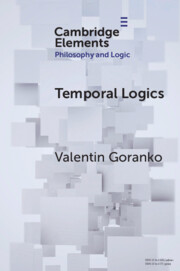This article brings together different strands of literature to explore how time operates in international law as a technique of inclusion and exclusion. The question of reparations for enduring colonial and ecological injustices provides a useful entry point to examine, at a more granular level, the temporal foundations of the field and their distributive outcomes. Concepts of restitution, compensation, satisfaction as well as the doctrine of causation in the law of state responsibility, encode a specific understanding of time. This understanding, I argue, is embedded in a modernist worldview characterised by linear, abstract and universal notions of time. Calls for reparatory justice for colonial and climate wrongs attempt to defy and interrupt law’s forward motion by binding together interconnected (though unequal) pasts, presents and futures. In examining how international law reacts to those claims, and manages the conflict between law’s temporal abstractions and the concrete tempos of those seeking redress, this article reinvigorates the conversation on the politics of time in international law.




